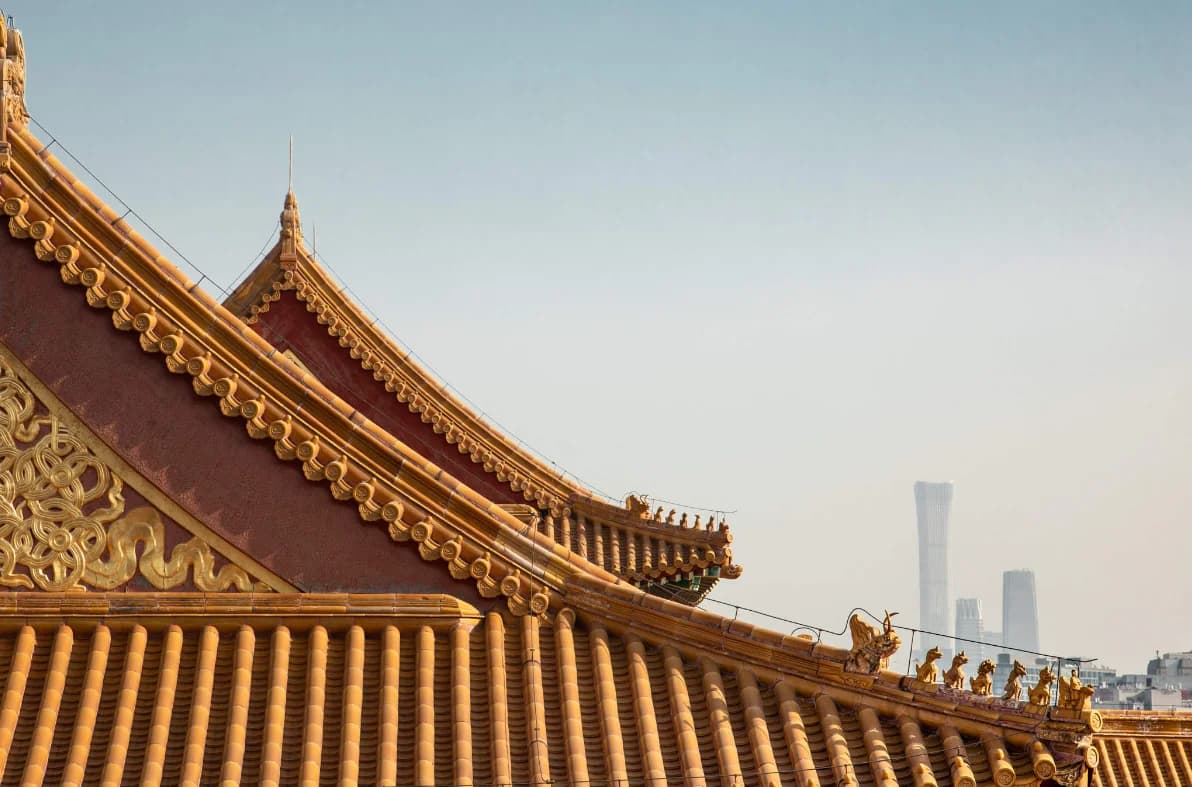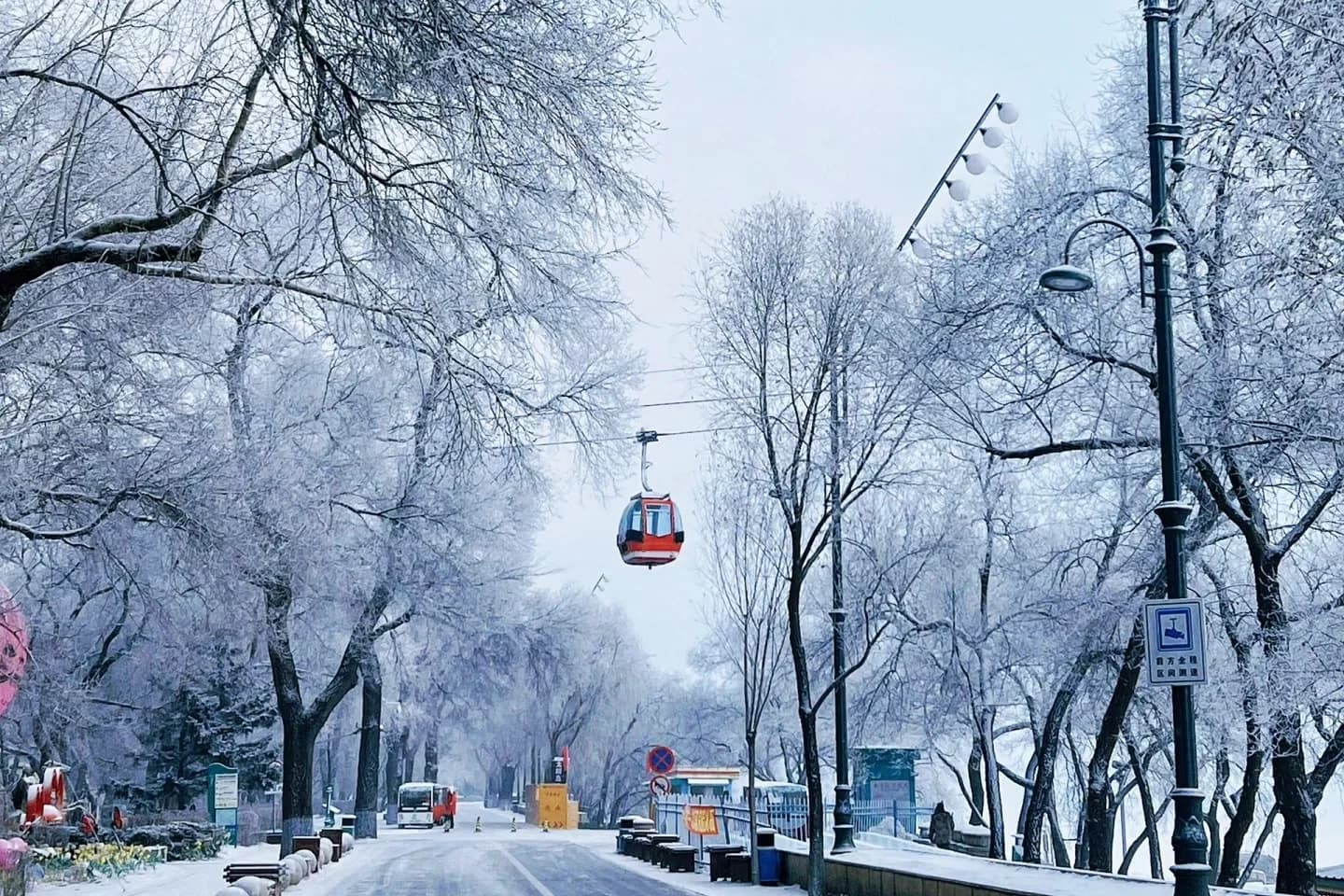Beijing Travel Guide: What to Do, See & Experience in 2025
Beijing, the capital of China, seamlessly blends centuries of imperial history with modern urban energy. For first-time international visitors, this ancient city offers breathtaking UNESCO World Heritage Sites, atmospheric hutong alleyways, and an incredible food scene. This comprehensive guide will help you plan your perfect Beijing adventure, covering what to do, where to go, and how to experience the best of this fascinating city.
Why Visit Beijing: A City Like No Other
Beijing offers an unparalleled combination of ancient history and modern dynamism. With over 7,300 historical sites including 42 national-level heritage sites, it's a living museum where you can walk through centuries of Chinese civilization. Yet it's also a thriving metropolis with cutting-edge architecture, world-class museums, vibrant art scenes (798 Art District), and incredible dining.
Whether you're fascinated by imperial history, eager to taste authentic Chinese cuisine, interested in contemporary Chinese culture, or simply seeking unique travel experiences, Beijing delivers on every front. The city's efficient infrastructure, generally safe environment, and increasing international connectivity make it an accessible destination for first-time visitors to China.
From standing atop the ancient Great Wall at sunrise to savoring perfectly crispy Peking Duck, from exploring maze-like hutongs to witnessing the flag-raising ceremony at Tiananmen Square - Beijing creates memories that last a lifetime.
What to Do in Beijing: Top Attractions & Experiences
The Forbidden City (Palace Museum)
The Forbidden City is Beijing's crown jewel and China's most iconic attraction. As the world's largest preserved wooden palace complex, it served as the imperial residence for Ming and Qing dynasty emperors for nearly 500 years. Today, the Palace Museum houses millions of priceless artifacts and artworks.
What to Know: All visitors must book tickets in advance through the official WeChat mini-program "故宫博物院" (Palace Museum). Tickets are released 7 days in advance and sell out quickly, typically within hours of release at 8:00 PM. You'll need your passport for entry.
Opening Hours: April 1 - October 31: 8:30 AM - 5:00 PM (last entry 4:00 PM). November 1 - March 31: 8:30 AM - 4:30 PM (last entry 3:30 PM). Closed on Mondays (except public holidays).
Pro Tip: Allocate at least 3-4 hours for your visit. The complex is massive, and you'll want time to appreciate the architecture, courtyards, and exhibitions.
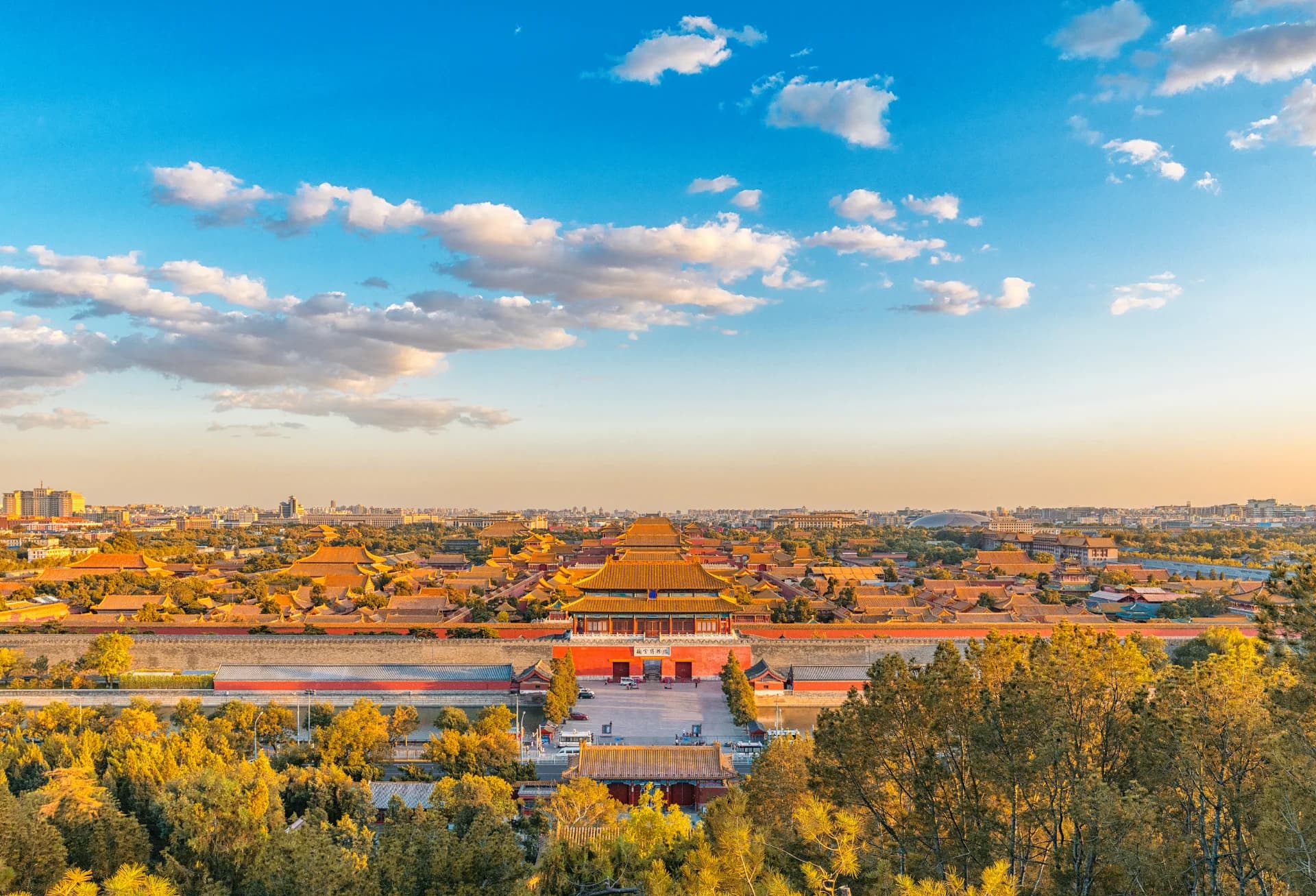
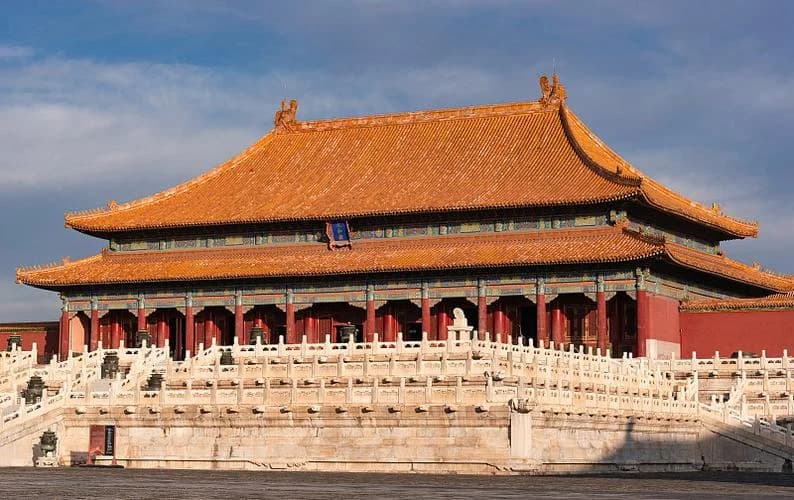
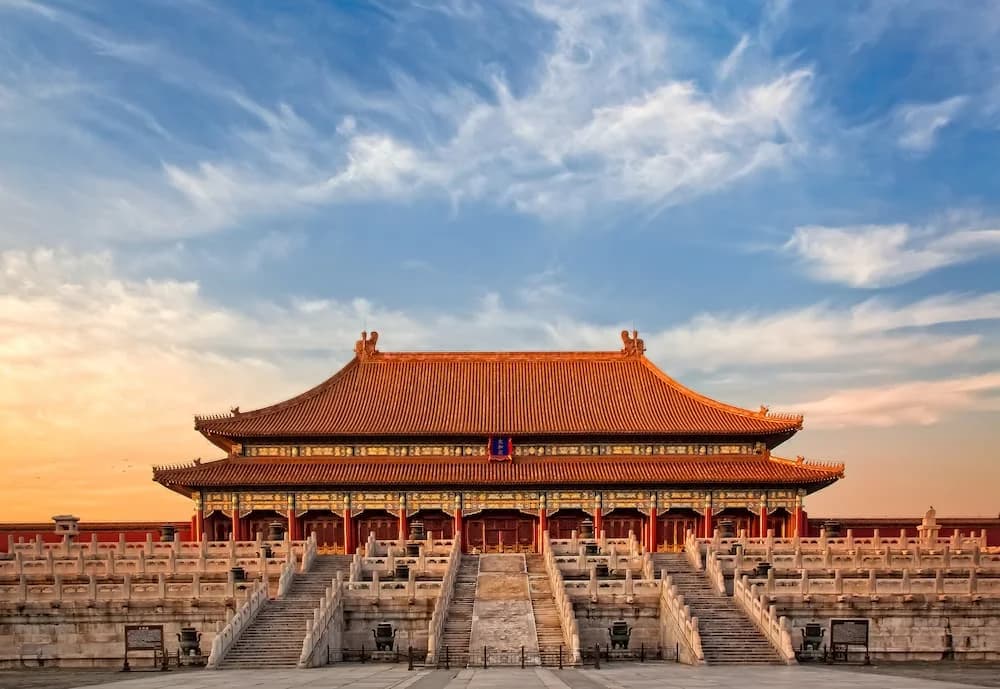
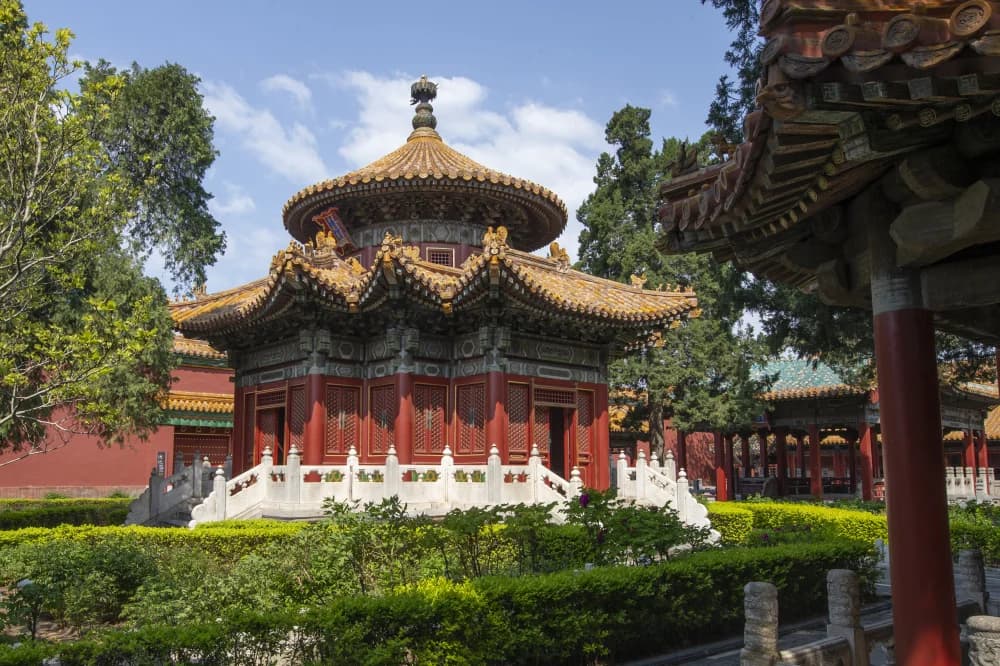
The Great Wall of China
No trip to Beijing is complete without visiting the Great Wall. This ancient fortification stretches over 13,000 miles and represents one of humanity's greatest engineering achievements. Several sections near Beijing offer different experiences:
- Badaling Great Wall: The most accessible and tourist-friendly section, just 70km from downtown Beijing. It's fully restored with cable cars and facilities. Book tickets 10 days in advance via the official WeChat account or website. Opening hours: April-October 6:30 AM - 4:30 PM
- Mutianyu Great Wall: Located in Huairou District, this section offers stunning scenery with fewer crowds than Badaling. It's considered the most beautiful restored section and features a fun toboggan ride down. Book 15 days in advance through the official website or trip.com
- Jinshanling Great Wall: For hiking enthusiasts seeking a more challenging and authentic experience. Requires 1-day advance booking
- Simatai Great Wall: Known for its steep, dramatic sections. Advance booking required with timed entry slots
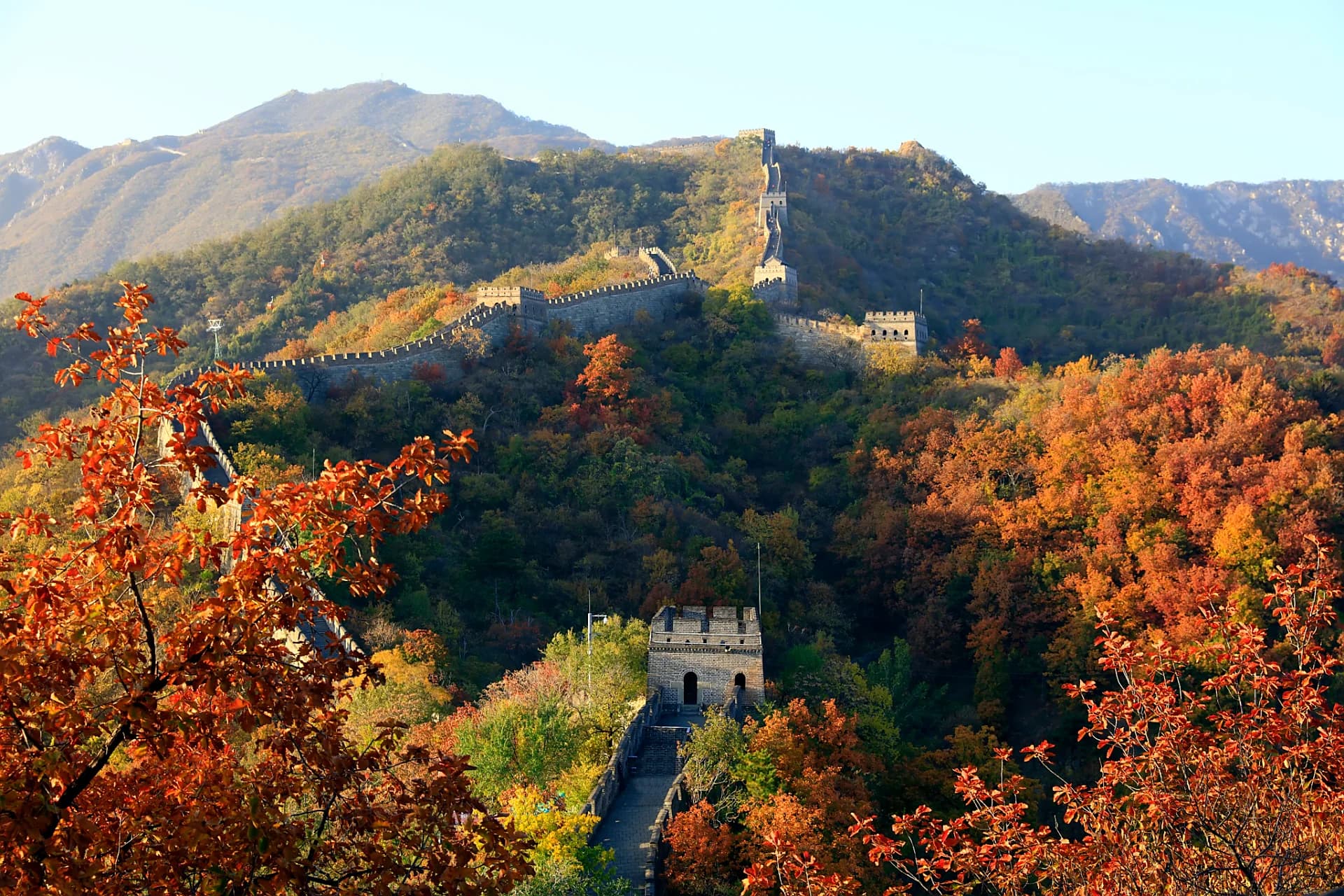
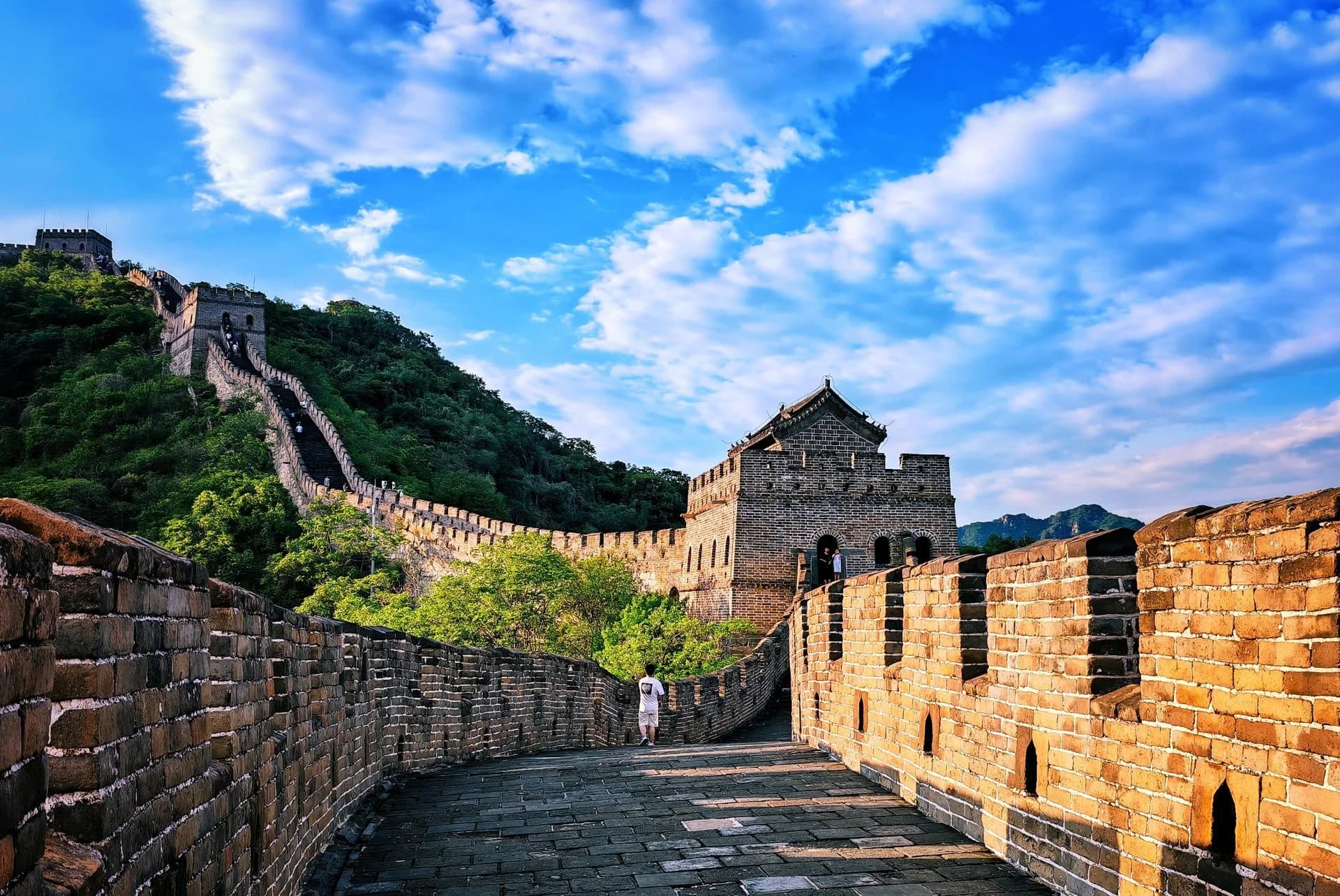
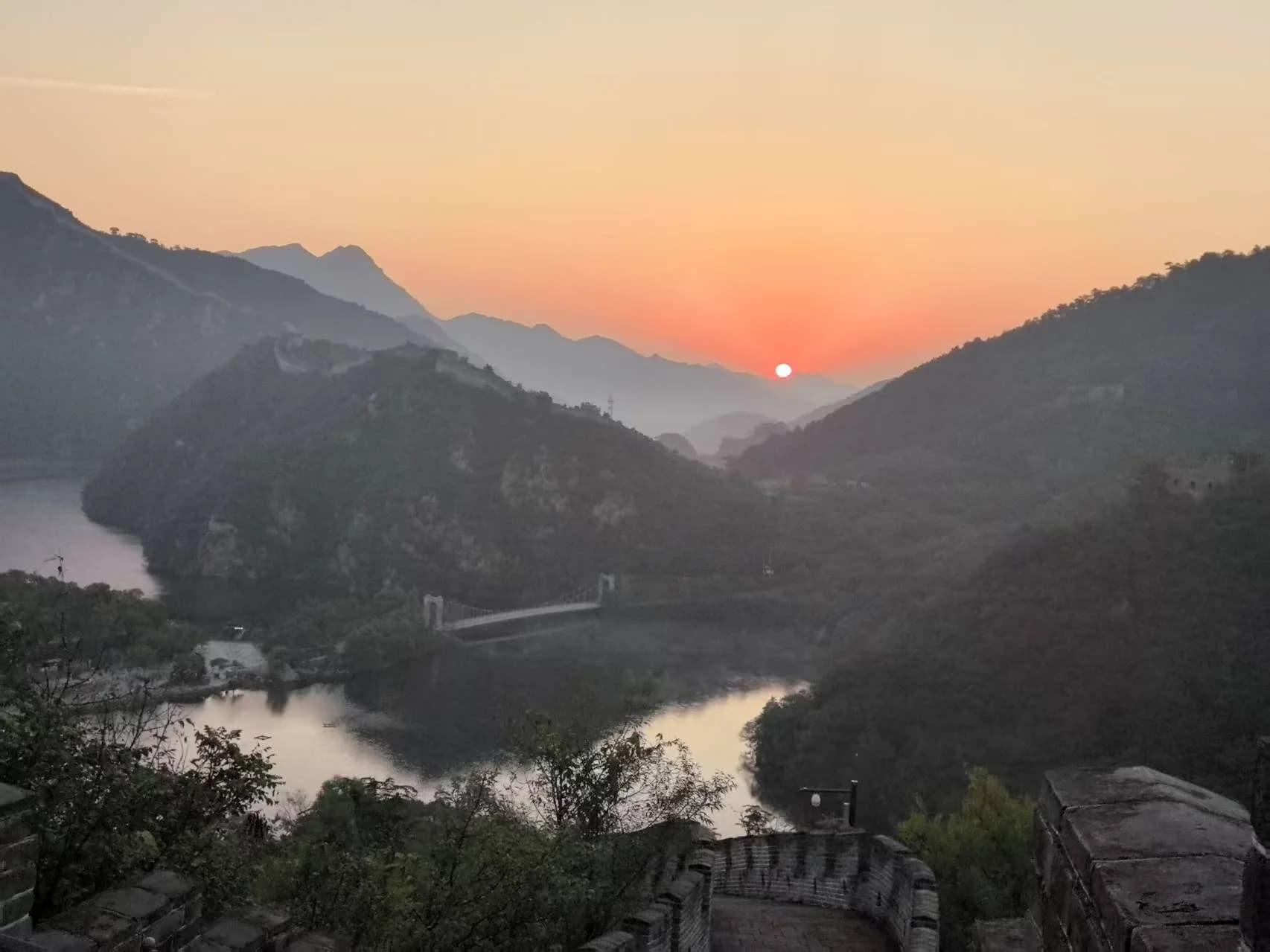
Hutong Neighborhoods & Traditional Courtyard Houses
While the Forbidden City and Great Wall showcase Beijing's grand imperial history, the city's hutongs reveal its intimate daily life. These narrow alleyways lined with traditional courtyard homes (siheyuan) offer a glimpse into old Beijing culture.
Best Hutong Areas to Explore:
- Shichahai Area: Features Yandai Xiejie (Tobacco Pouch Street) and numerous cafes, bars, and boutique shops in renovated courtyards
- Nanluoguxiang: A popular pedestrian hutong street with shops, restaurants, and street food
- Dashilar: Near Qianmen, offering a more authentic local atmosphere
- Miaoying Temple White Pagoda: Solemnity and serenity amidst the bustling neighborhood
How to Explore: Walk, rent a bicycle, or take a rickshaw (pedicab) tour. Many converted courtyards now house coffee shops, art galleries, and boutique accommodations. Some tour companies offer hutong experiences including visits to local families and home-cooked meals.
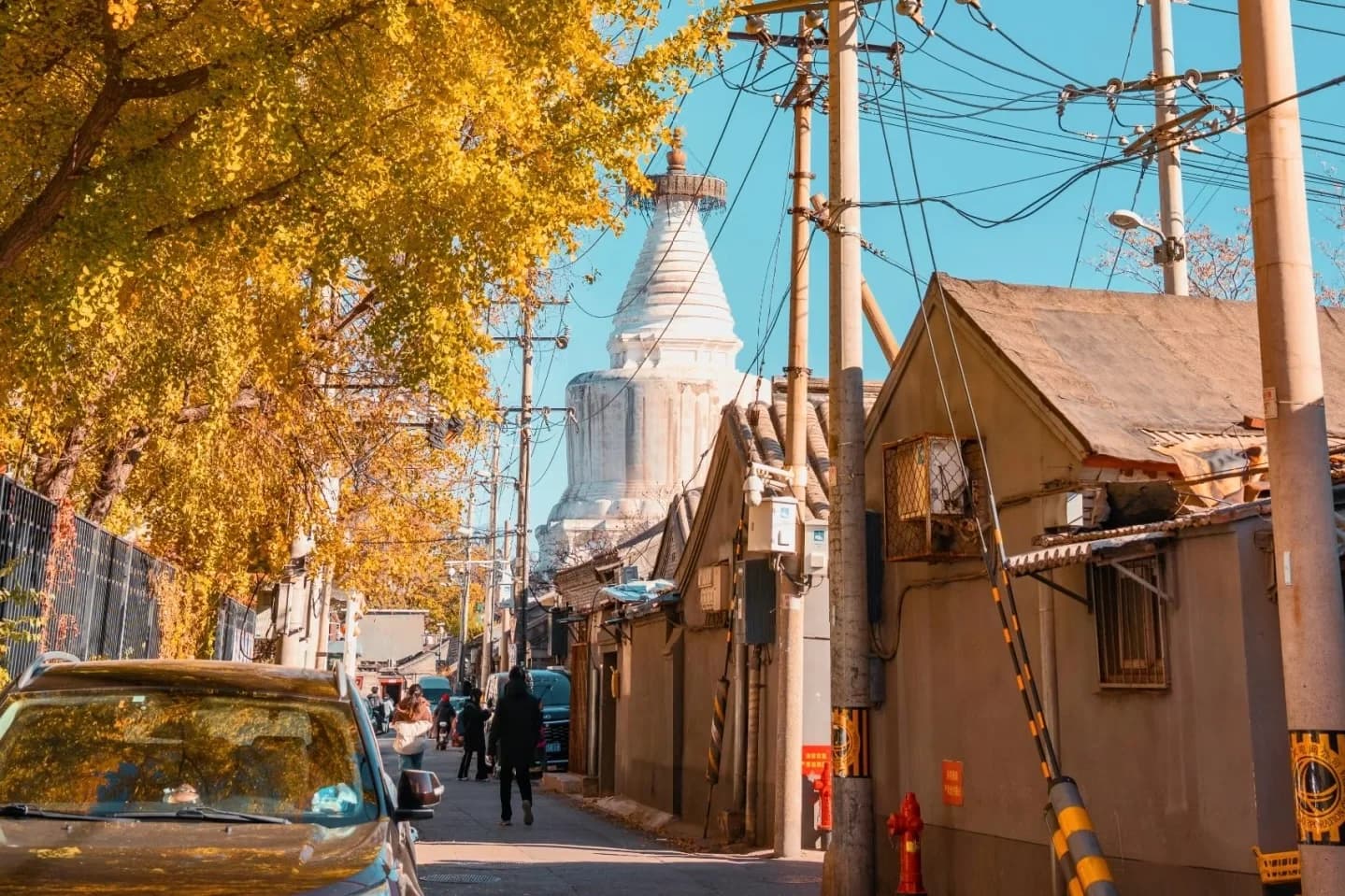
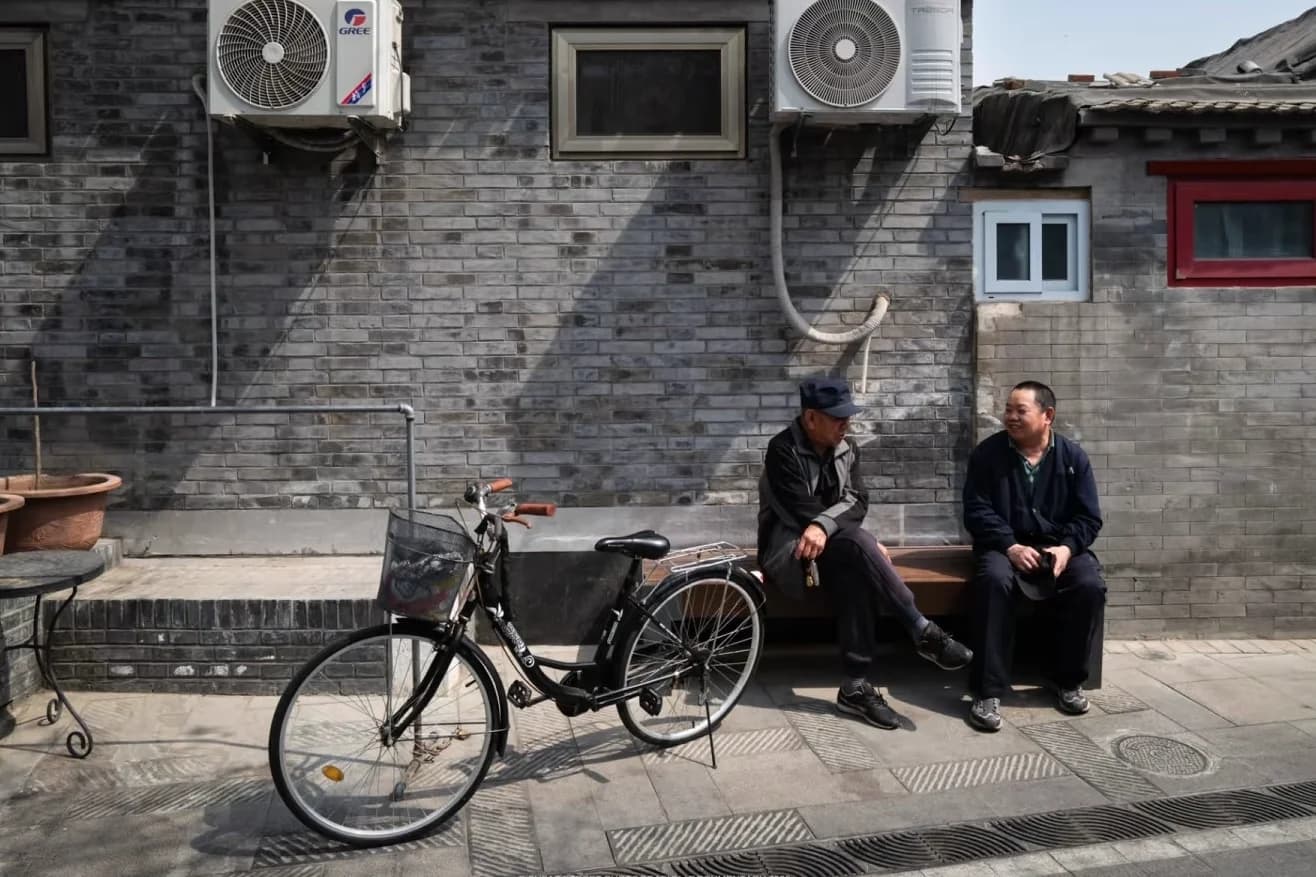
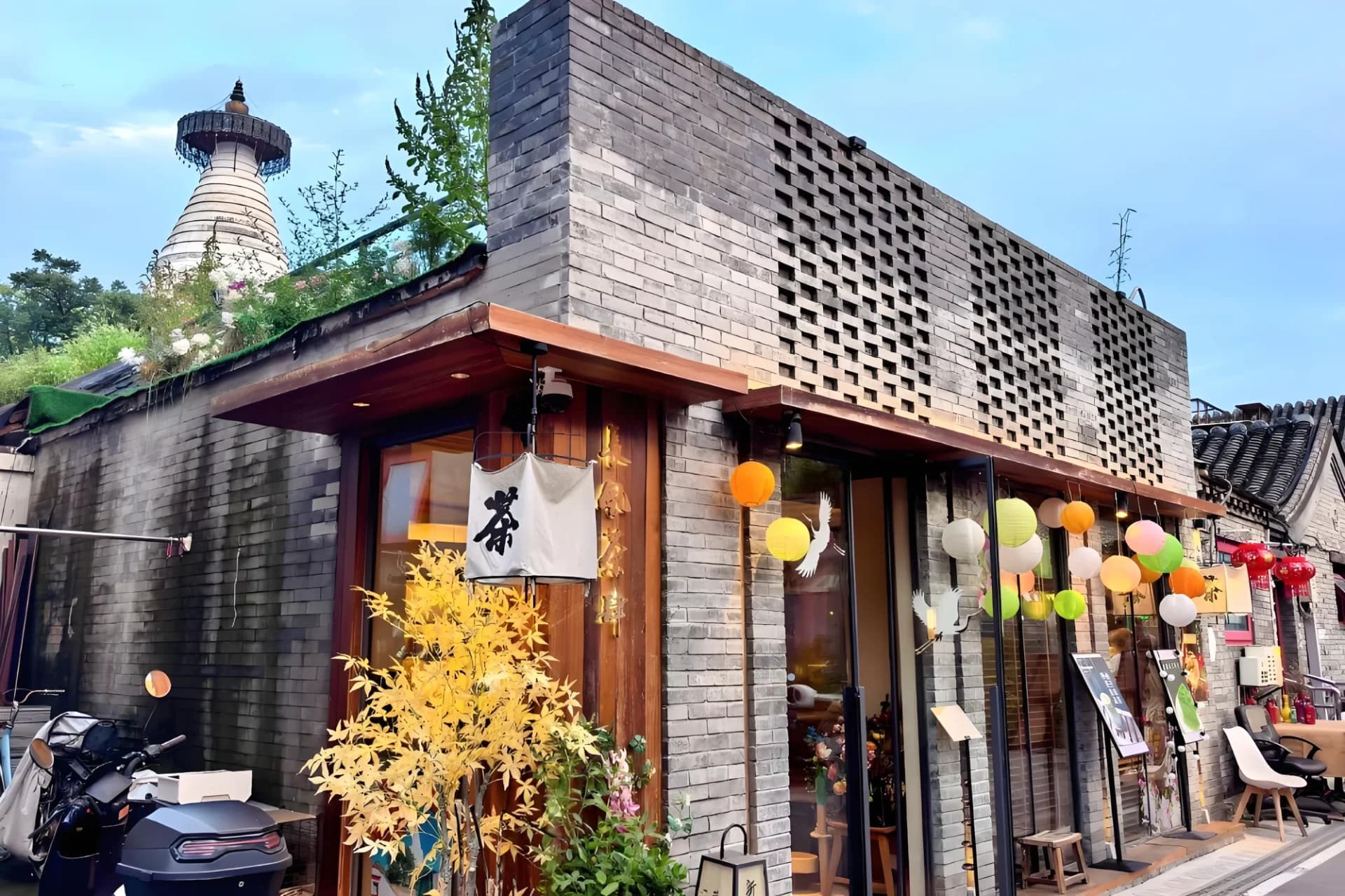
Temple of Heaven Park
This UNESCO World Heritage Site showcases stunning imperial architecture where emperors once performed annual ceremonies for good harvests. The iconic Hall of Prayer for Good Harvests, with its distinctive blue-tiled roof, is one of Beijing's most photographed structures. The surrounding park is also a wonderful place to observe local life - arrive early morning to see residents practicing tai chi, playing traditional instruments, and exercising.
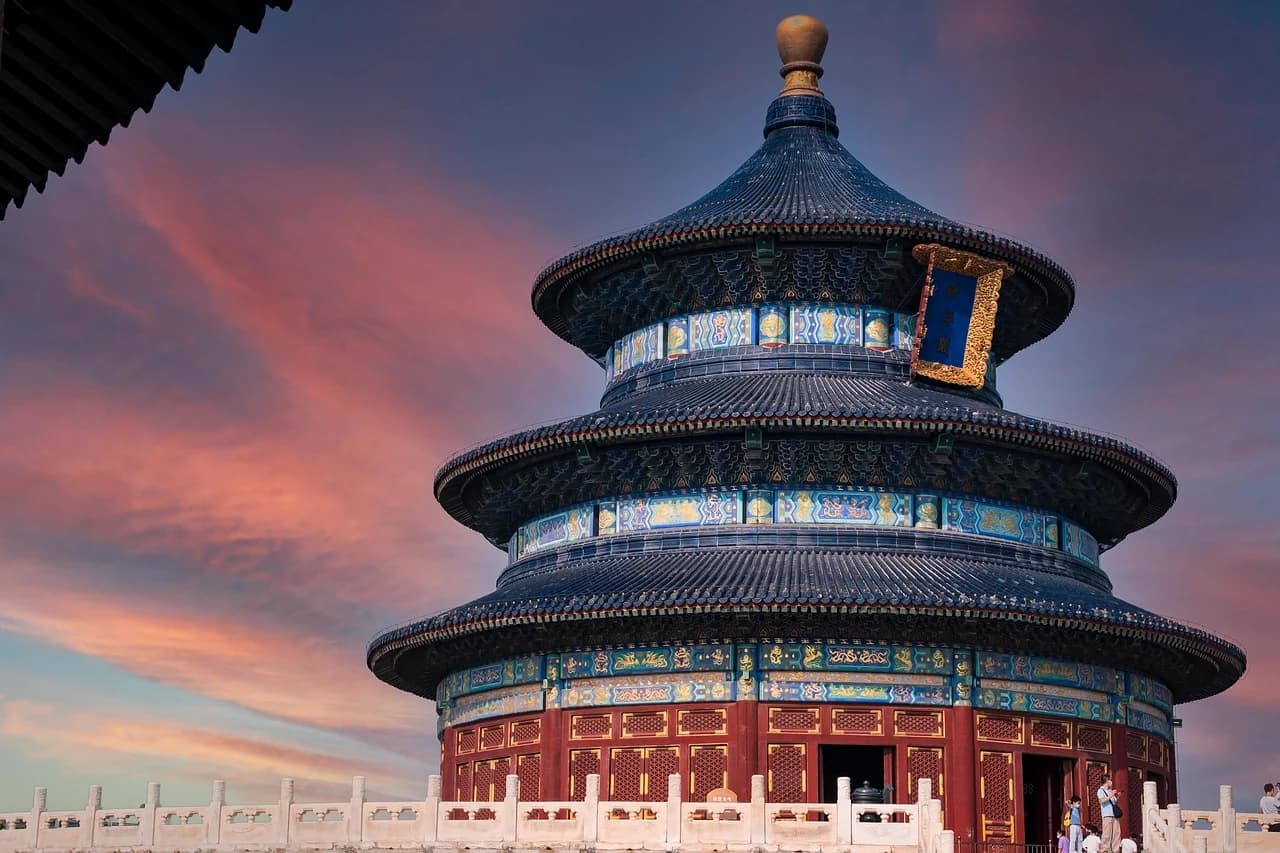
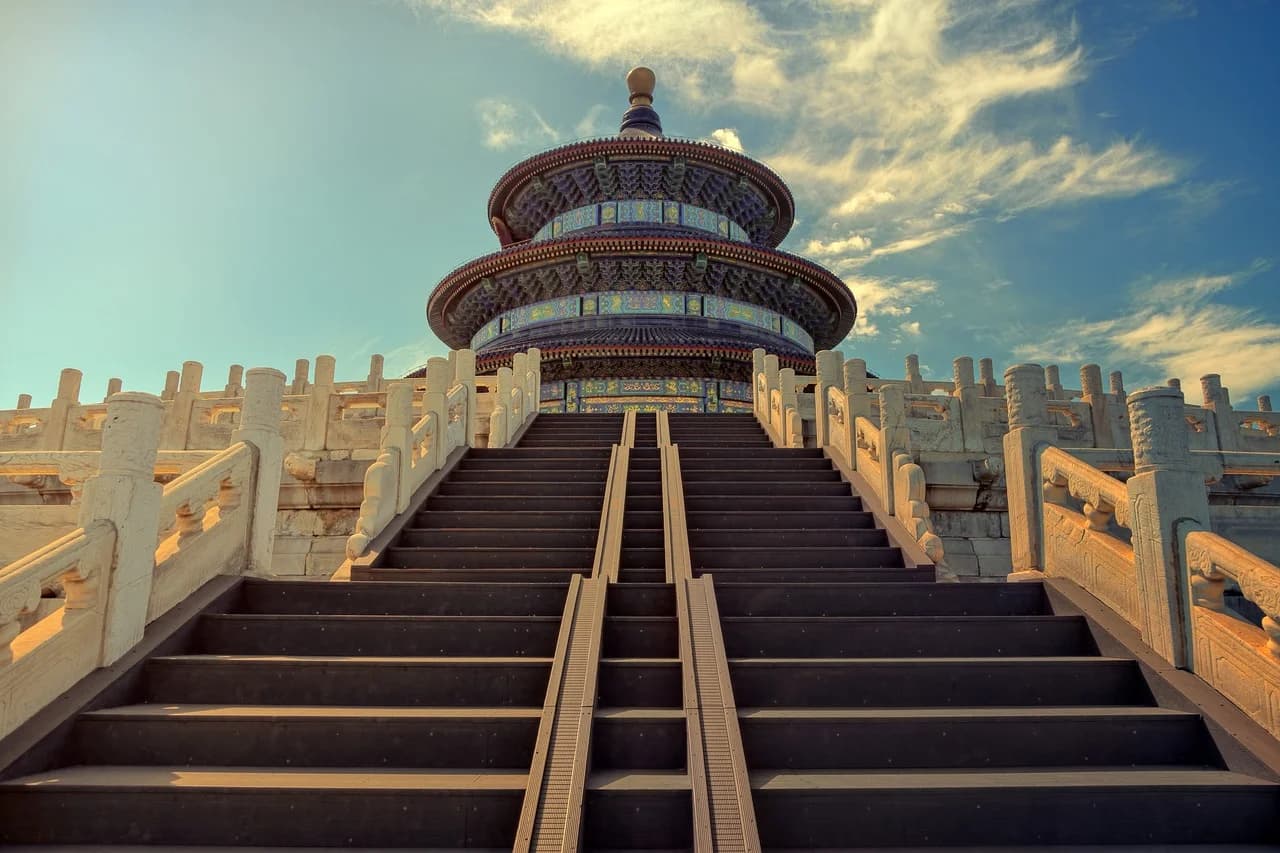
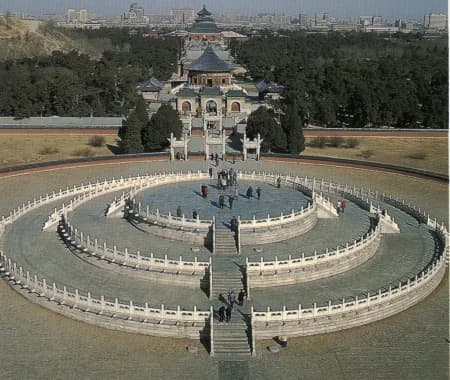
Summer Palace (Yiheyuan)
You May Also Like
Harbin Travel Guide 2025: Ice Festival, Winter Adventures & Year-Round Guide
18 min read
The Summer Palace is Beijing's largest imperial garden, featuring beautiful lakeside scenery, ornate pavilions, and the famous Marble Boat. This UNESCO site served as the royal family's summer retreat. Plan to spend 2-3 hours strolling through the gardens, walking along the Long Corridor (decorated with thousands of paintings), and enjoying views of Kunming Lake.
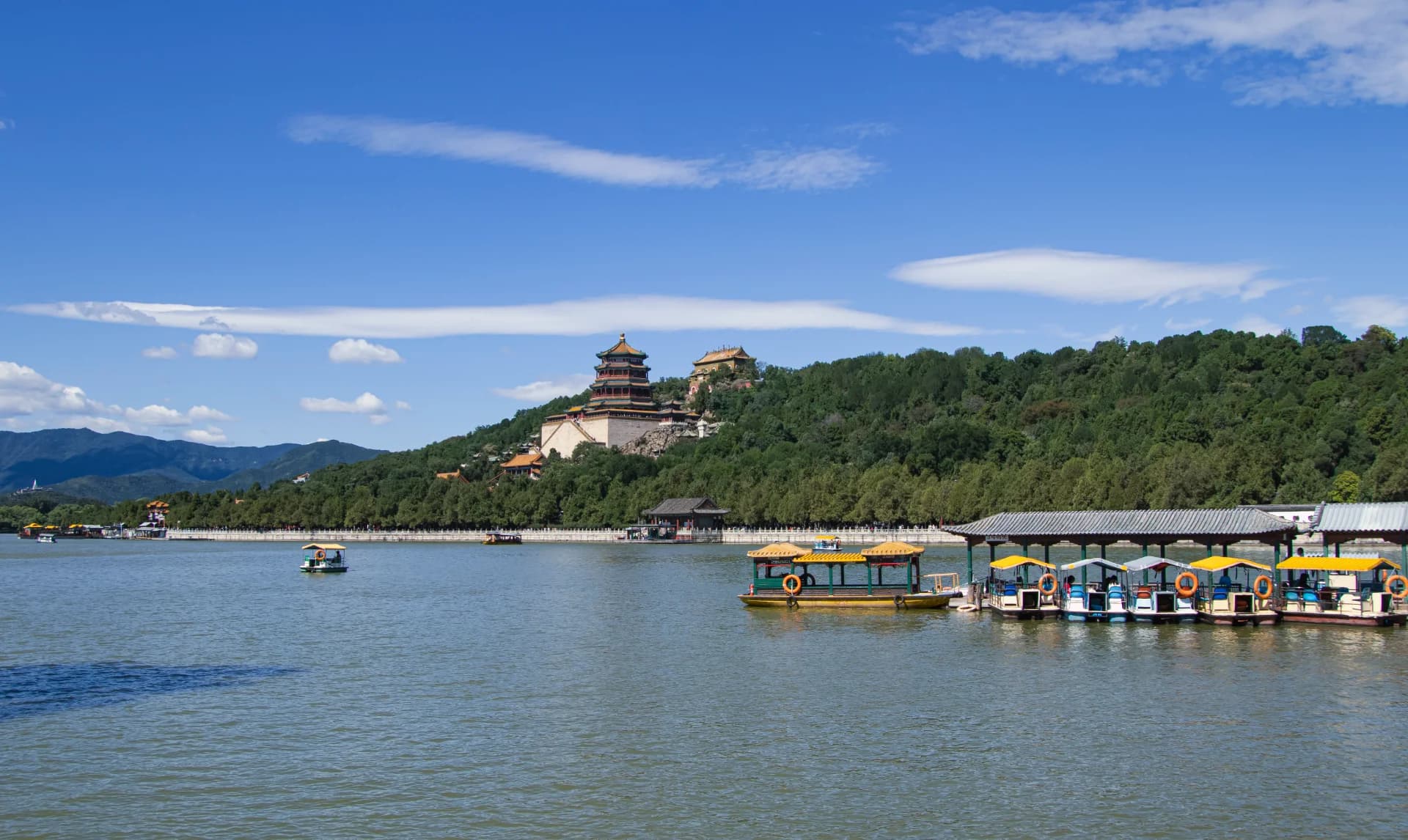
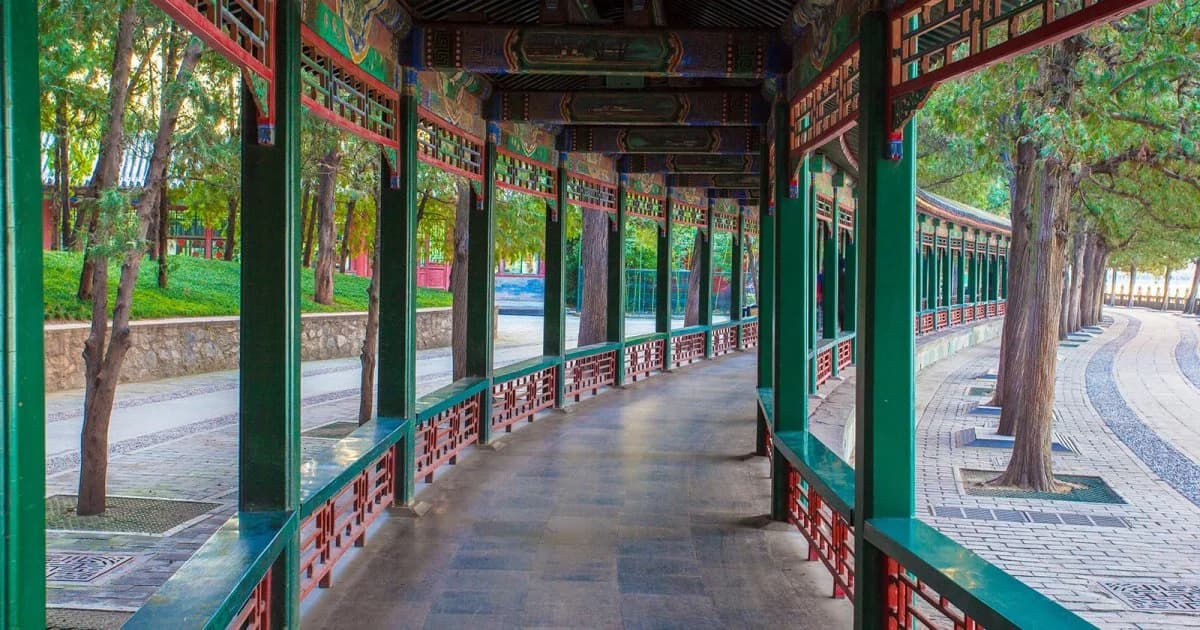
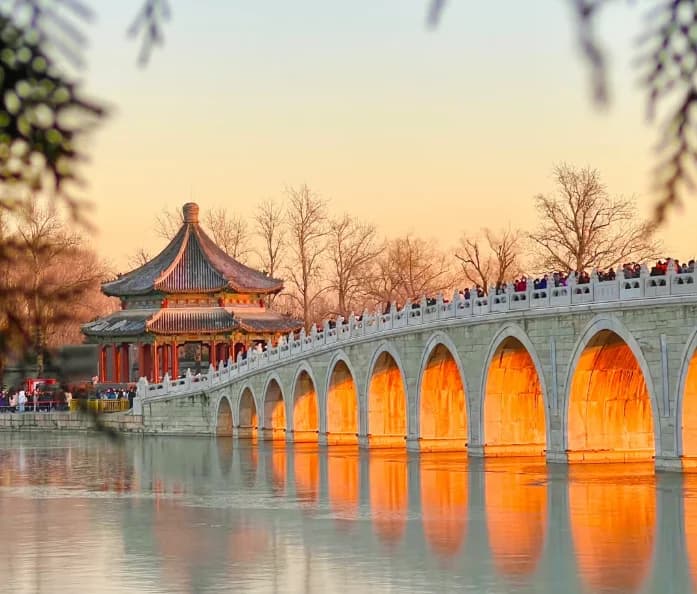
What to Eat in Beijing: Food Experiences
Beijing's food scene is a major highlight of any visit. The city offers everything from historic restaurants to vibrant street food markets.
Must-Try Beijing Dishes:
- Peking Duck (Beijing Kaoya): The city's signature dish. Try it at famous establishments like Quanjude (全聚德, founded 1864) or Bianyifang (便宜坊, founded 1416)
- Hot Pot (Shuàn Yángròu): Copper pot with charcoal fire, featuring hand-cut lamb. Donglaishun (东来顺) is a 100+ year old institution
- Zhajiangmian: Beijing-style noodles with savory soybean paste
- Jianbing: Savory crepe - perfect for breakfast
- Baozi: Steamed buns with various fillings
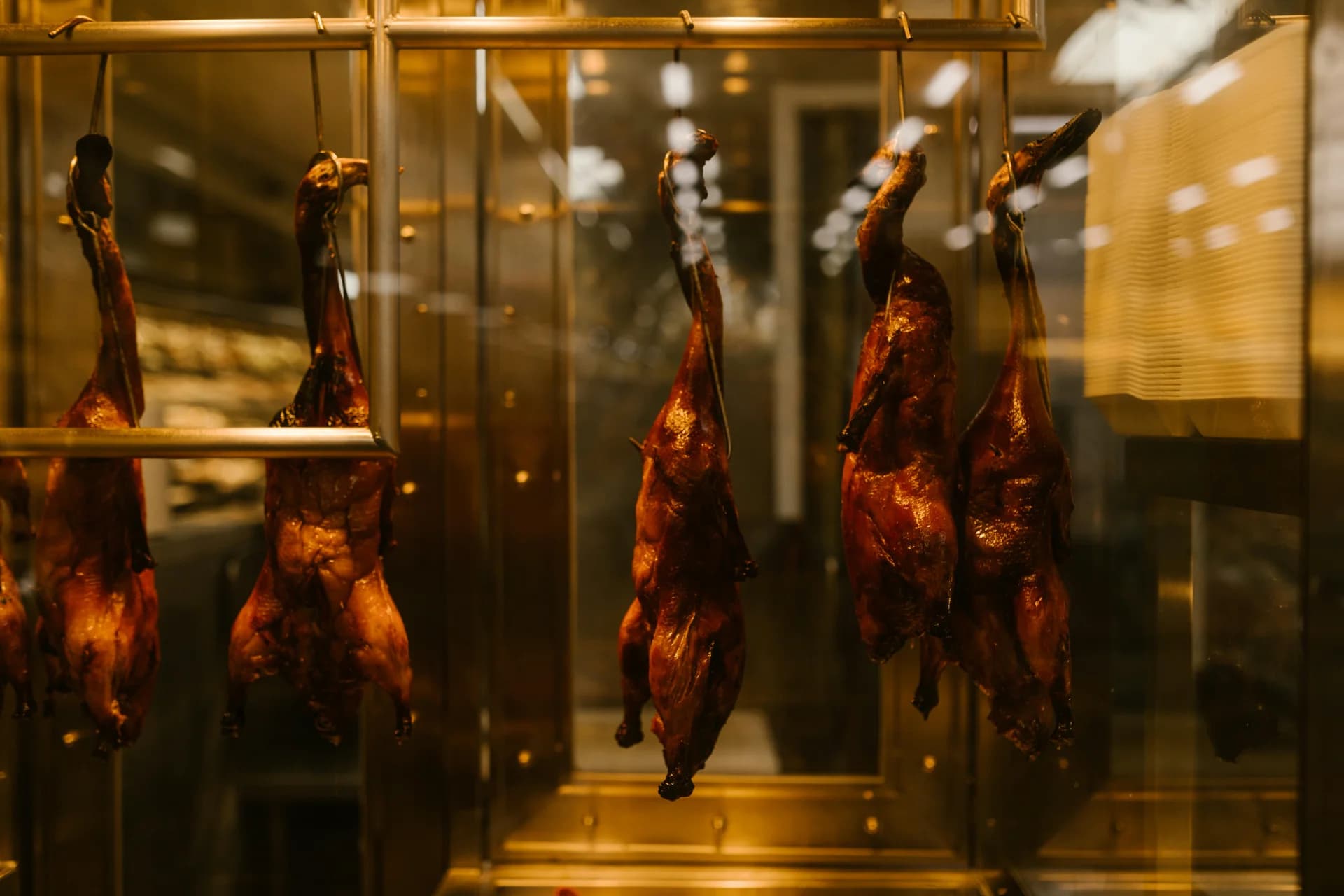
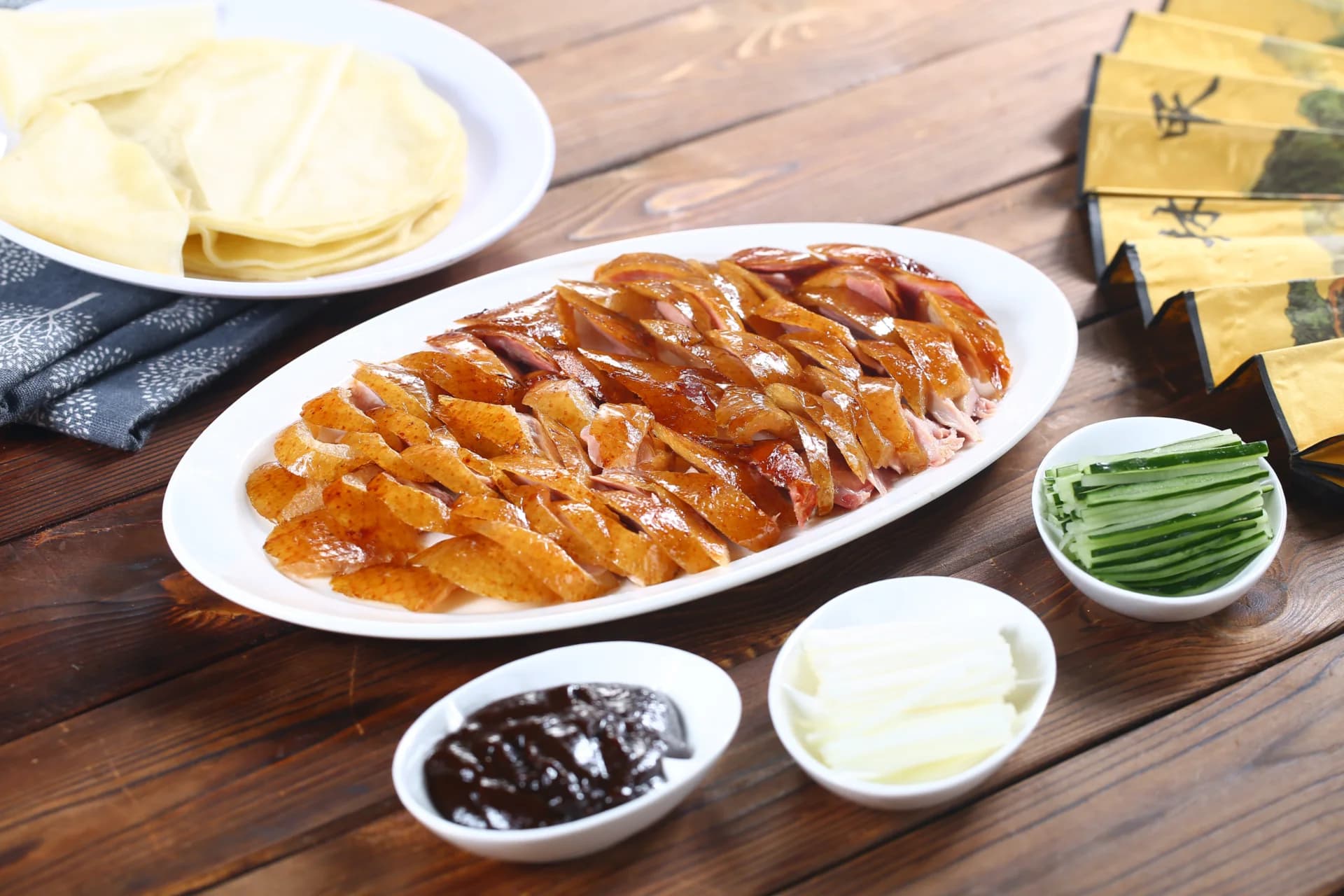
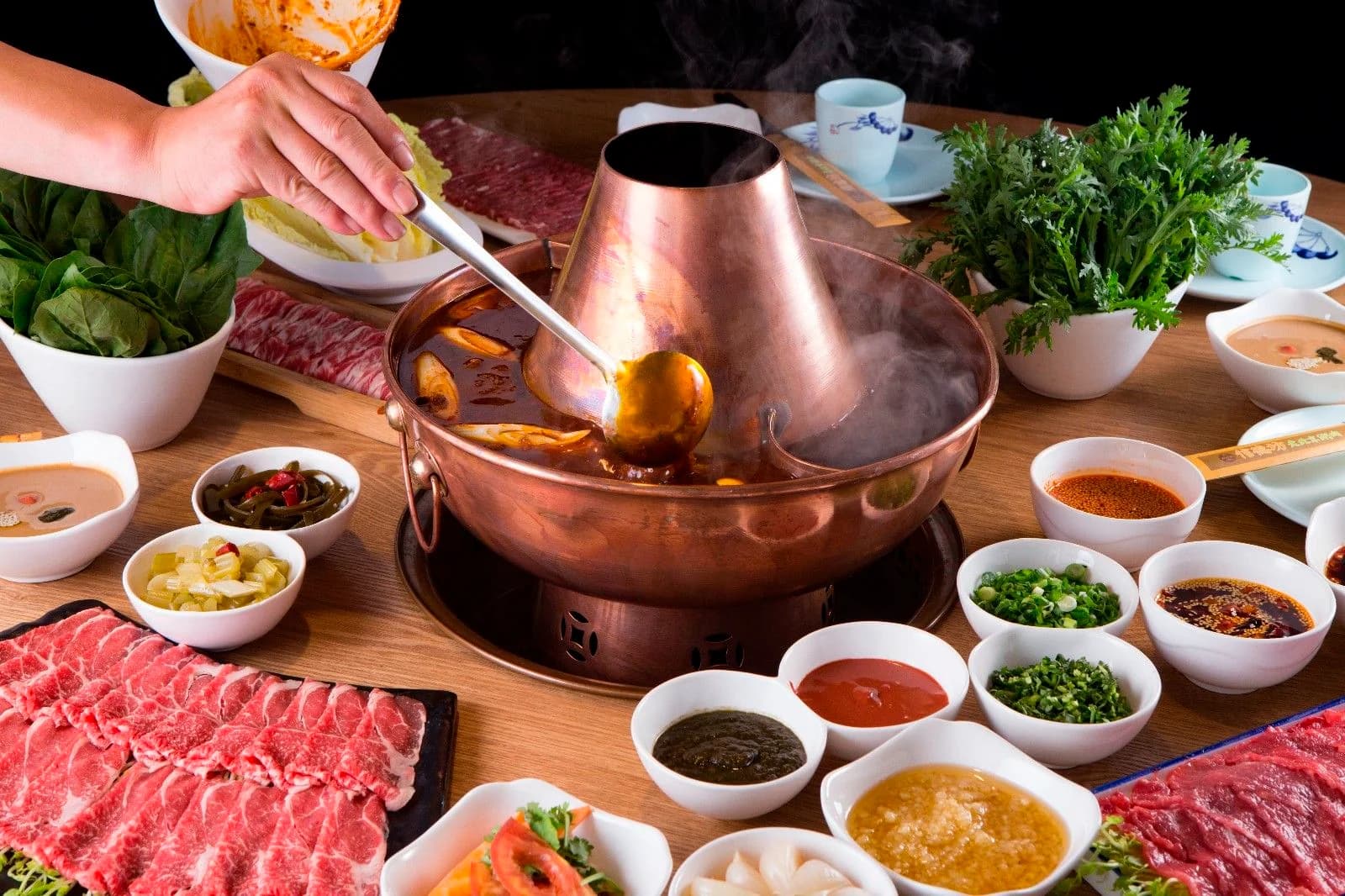
Food Streets: Guijie (Ghost Street) for late-night dining, Wangfujing Snack Street for street food, and Dashilar for traditional Beijing snacks.
Dining Etiquette: Tipping is not customary in China. Most restaurants don't expect tips, and service charges are usually included in the bill.
Where to Stay in Beijing: Best Neighborhoods
Choose your accommodation based on what you want to experience:
- Dongcheng District: Best for first-time visitors. Close to the Forbidden City, Tiananmen Square, and major attractions. Well-connected by subway
- Chaoyang District: Beijing's international hub with embassies, business centers (CBD), and nightlife areas like Sanlitun. Modern hotels and Western amenities
- Xicheng District: Near Temple of Heaven, Qianmen, and Dashilar. Great for experiencing local Beijing life
- Haidian District: University area near Summer Palace and Old Summer Palace. Quieter atmosphere, good for families
Getting Around Beijing: Transportation Guide
Beijing has an excellent public transportation system that makes getting around easy and affordable.
- Beijing Subway: The most efficient way to travel. Extensive network covering all major attractions and neighborhoods. Get a Yikatong (Beijing Transportation Card) or use the Beijing Subway app for mobile payments. Single trips cost 2-9 RMB depending on distance
- Taxis & Ride-Hailing: Didi Chuxing (China's Uber equivalent) is widely used. Taxis have meters starting at 13 RMB for the first 3km. Avoid unlicensed black cabs (marked with "京B" plates)
- Bike Sharing: Convenient for short distances. Major brands include Meituan bikes and Hellobike. Download the apps to unlock bikes
Airport Transportation:
- Beijing Capital Airport (PEK): Airport Express Line connects to Dongzhimen and Sanyuanqiao stations
- Beijing Daxing Airport (PKX): Daxing Airport Express to Caoqiao station, then transfer to subway
When to Visit Beijing: Best Time & Seasons
Beijing experiences four distinct seasons, each offering different experiences:
- Spring (April-May): Mild weather, blooming flowers in parks. Cherry blossoms at Yuyuantan Park. Ideal for outdoor sightseeing. Occasional sandstorms
- Summer (June-August): Hot and humid with temperatures reaching 35°C (95°F). Rainy season. Beautiful night views. Indoor attractions like museums are comfortable with air conditioning
- Autumn (September-October): Best time to visit. Pleasant temperatures, clear blue skies, and stunning fall foliage. Red leaves at Fragrant Hills (Xiangshan). Peak tourist season - book in advance
- Winter (November-February): Cold and dry with occasional snow. Fewer crowds and no queues at attractions. Magical snow scenes at the Forbidden City. Perfect for experiencing hot pot and winter foods
Avoid Peak Periods: National Day Golden Week (October 1-7) and Chinese New Year (late January/February) see massive crowds and price increases.
How Long to Stay in Beijing: Recommended Itinerary
- Ideal Duration: 4-5 Days - This allows you to comfortably visit major attractions (Forbidden City, Great Wall, Summer Palace, Temple of Heaven) plus explore hutongs, experience local food, and have some flexibility
- Minimum: 2-3 Days - You can see the top highlights with careful planning: Day 1 (Forbidden City + Tiananmen), Day 2 (Great Wall), Day 3 (Temple of Heaven + Hutongs)
- Extended Stay: 7+ Days - Includes day trips to Ming Tombs, Olympic Park, art districts (798 Art Zone), and deeper neighborhood exploration
Essential Travel Tips for International Visitors
- Visa Requirements: Most foreign nationals need a Chinese visa. Citizens of 53 countries can enjoy a 72-hour visa-free transit. Check with your nearest Chinese embassy for current requirements
- Advance Booking is Essential: Popular attractions like the Forbidden City and National Museum require real-name registration and advance booking. Tickets are released 7 days ahead and sell out within hours. Book as soon as you plan your dates
- Language: English is not widely spoken outside major hotels and tourist areas. Download translation apps (Google Translate works offline) or WeChat's built-in translation feature. Have your hotel name and address written in Chinese
- Mobile Payments: China is largely cashless. WeChat Pay and Alipay are ubiquitous. Set up these apps before arrival or carry sufficient cash as international credit cards aren't widely accepted
- Air Quality: Beijing occasionally experiences smog. Check the AQI (Air Quality Index) before outdoor activities. Consider bringing a mask for poor air quality days
- Safety: Beijing is very safe with low crime rates. However, watch your belongings in crowded areas and avoid unlicensed tour operators and taxis
Frequently Asked Questions About Beijing Travel
What is the best time to visit Beijing?
Autumn (September-October) is the best time to visit Beijing with pleasant temperatures, clear skies, and stunning fall foliage. Spring (April-May) is also excellent with blooming flowers and mild weather. Avoid Chinese New Year and National Day Golden Week (October 1-7) due to massive crowds.
How many days do I need in Beijing?
4-5 days is ideal to comfortably visit major attractions like the Forbidden City, Great Wall, Summer Palace, and Temple of Heaven, plus explore hutongs and enjoy local food. A minimum of 2-3 days can cover the top highlights with careful planning.
Do I need to book tickets in advance for Beijing attractions?
Yes, advance booking is essential. The Forbidden City and National Museum require real-name registration 7 days in advance and sell out within hours. Badaling Great Wall needs 10 days advance booking, Mutianyu requires 15 days. Book as soon as you plan your dates.
Is Beijing safe for international tourists?
Beijing is very safe with low crime rates and visible police presence. However, watch your belongings in crowded tourist areas, avoid unlicensed taxis and tour operators, and be cautious of common tourist scams at popular attractions.
How do I get around Beijing?
The Beijing Subway is the most efficient way to travel, with extensive coverage of major attractions. Get a Yikatong card or use mobile payments. Didi (ride-hailing app) is convenient and supports English. Taxis are also available but may have language barriers.
Do I need a visa to visit Beijing?
Most foreign nationals need a Chinese visa. However, citizens of 53 countries can enjoy 72-hour visa-free transit with confirmed onward tickets. Check current requirements with your nearest Chinese embassy before traveling.
What should I eat in Beijing?
Must-try dishes include Peking Duck at Quanjude or Bianyifang, Beijing hot pot at Donglaishun, Zhajiangmian (Beijing noodles), Jianbing (savory crepe), and Baozi (steamed buns). Explore food streets like Guijie for late-night dining and Wangfujing for street food.
Which section of the Great Wall should I visit?
Mutianyu is recommended for most visitors - it offers stunning scenery, fewer crowds than Badaling, and features a fun toboggan ride. Badaling is more accessible but crowded. Jinshanling and Simatai are for hiking enthusiasts seeking authentic, challenging experiences.
Can I use international credit cards in Beijing?
International credit cards are not widely accepted in Beijing. China operates largely on mobile payments (WeChat Pay and Alipay). Set up these apps before arrival, or carry sufficient cash. Bank of China ATMs accept international cards.
What is the air quality like in Beijing?
Beijing air quality varies by season. Autumn and summer generally have better air quality, while winter can experience smog. Check the AQI (Air Quality Index) daily and consider bringing a mask for poor air quality days. Indoor attractions remain comfortable year-round.
参考资料与延伸阅读
Official government portal for Beijing with tourism information, city updates, and administrative services for international visitors
Official website of the Palace Museum providing visitor information, ticketing details, exhibition schedules, and historical background
Official site for Badaling Great Wall with booking system, visitor guidelines, and access information
UNESCO World Heritage listing for the Forbidden City with historical significance and conservation details
Comprehensive encyclopedia article covering Beijing history, geography, culture, and modern development
Detailed Beijing travel information including attractions, transportation, accommodation, and practical tips from a reputable China travel agency
